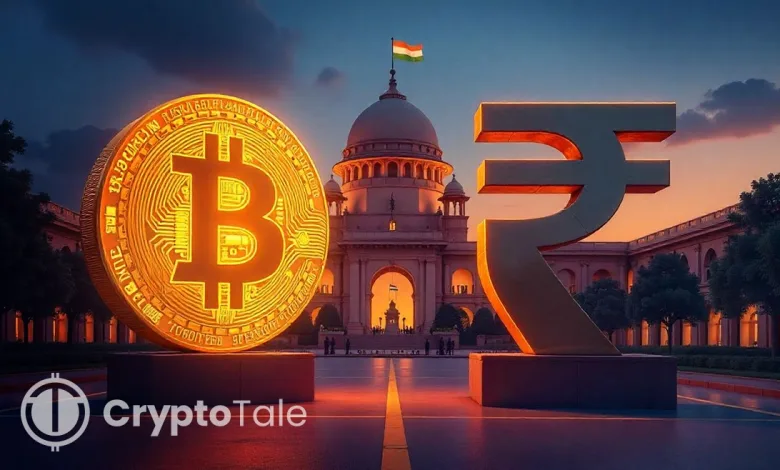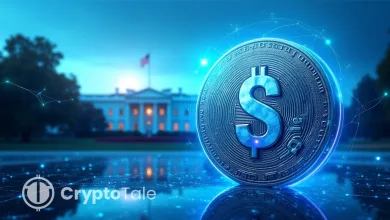India Eyes Strategic Use of Bitcoin After US Reserve Move

- India may pilot a Bitcoin reserve as the US holds 200K BTC worth over $20 billion.
- India’s renewable energy can support a Bitcoin reserve like Bhutan’s $1B crypto strategy.
- India taxes crypto at 30% but lacks a regulatory framework for sovereign BTC adoption.
The United States has made a strategic decision to consider Bitcoin a sovereign reserve asset, which has raised waves in world policy-making circles. The recent establishment of a US Bitcoin Reserve made the globally leading nations to recognize digital assets. Now India has joined the league and is planning to strategically regulate this sector.
Growing Trend: Bitcoin Reserve Strategies Gain Momentum
The United States government now has over 200,000 confiscated Bitcoins, which have a market value of over $20 billion. This move, announced at the White House Crypto Summit, comes as three US states have authorized their treasuries to buy and hold Bitcoin directly. More states plan to follow, setting a new standard for public sector digital asset management.
US officials emphasize that the reserve operates as a buffer against inflation and market shocks. The strategy incorporates increasing Bitcoin holdings with budget-neutral measures, so taxpayers bear no extra cost. The policy acknowledges Bitcoin’s importance as a store of value particularly with the IMF and SEC recognizing its special position as a capital asset.
Crypto reserves are also being experimented with in other nations. In 2021, Bhutan started mining Bitcoin through its hydropower resources and has since amassed a reserve exceeding $1 billion. The initiative also supports green energy projects and the provision of public services which offer a regional case study of India’s policy debates.
India’s Bitcoin Opportunity: Policy Clarity Needed
India is at a crossroads in its crypto-asset strategy. The government levies a 30% tax on digital asset gains but has not yet provided detailed guidelines on licensing and the regulation of exchanges, institutions, and sovereign reserves. India discussed cryptocurrency standards during its 2023 G20 presidency with the IMF, but has moved slowly in formalizing domestic policies.
Industry leaders and policymakers have started to discuss a pilot program for an Indian Bitcoin Reserve. Proposals involve purchasing 5,000–10,000 Bitcoins using rupee-neutral methods or selling dormant state assets. These coins would be stored securely with modern cryptography, independently audited, and possibly linked to renewable-powered Bitcoin mining. Such a step could diversify India’s reserves and align with its climate and technology goals.
As per the sources available, a first draft of paper from the government would possibly be released in July, expected to underline potential technological benefits, especially for stablecoin regulation. Finance ministry officials say the idea will appear in upcoming reserve reviews. Crypto exchange founders welcomed the proposal, urging wider consultation and clarity. Trading volumes in BTC-INR pairs have increased since the announcement, showing rising interest from the domestic market.
Related: India’s Top Court Seeks Urgent Rules on Crypto Trading
A New Phase in Global Crypto Leadership
The US Bitcoin Reserve is indicative of the evolving global environment in which digital assets are strategic entities. Bhutan’s case also illustrates that even smaller economies can use Bitcoin’s power to improve their stability and growth. With its size and resources, India now faces a crucial decision whether to take a leading role or risk falling behind as others set the pace in digital asset policy and reserves.




